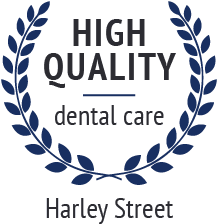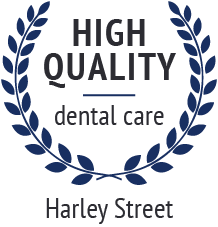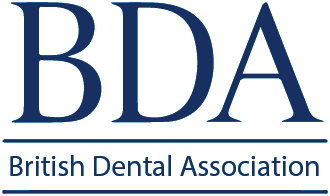Tooth extraction is often the last resort when a tooth is too badly damaged to be repaired. This can be from infection, trauma or decay.
Dentists remove teeth that have come loose due to gum disease and to prevent overcrowding, including wisdom teeth that aren’t coming through properly. A dentist will always try to save your teeth, but when this isn’t possible, it may be decided that extraction is the best option.
The procedure depends on what kind of tooth you are having extracted, and how many. For a single extraction, surgery is usually performed under local anaesthetic. A numbing gel will be rubbed on your gum so that the injection will cause only a small amount of pain for a couple of seconds.
Once the area around the tooth being removed is fully desensitised, dental forceps will be used to separate the tooth from the bone. You will most likely feel some movement inside your mouth as the tooth is jostled, but the anaesthetic will prevent it from being painful.
For more complex procedures and multiple extractions, dental surgery is performed under general anaesthetic. A shot to the arm will put you to sleep, so you won’t be awake for the procedure.

